Education is just one industry that artificial intelligence (AI) is quickly changing. Artificial Intelligence (AI) has the potential to transform education by providing individualized, effective, and easily accessible learning experiences, particularly as technology improvements pick up speed. Artificial Intelligence is opening up new possibilities for educators and students, from virtual tutors to tailored learning pathways. This blog will discuss the future of AI in education, how potential advantages, difficulties, and ways that artificial intelligence (AI) could transform teaching and learning in the classroom.
1. Personalized Learning Paths Is The Future Of AI In Education
Personalized learning is one of the most important ways AI is changing education. Since every student learns differently, traditional classrooms frequently find it difficult to meet the needs of each individual. In order to create individualized learning experiences, AI algorithms can assess a student’s learning style, learning speed, strengths, and shortcomings.
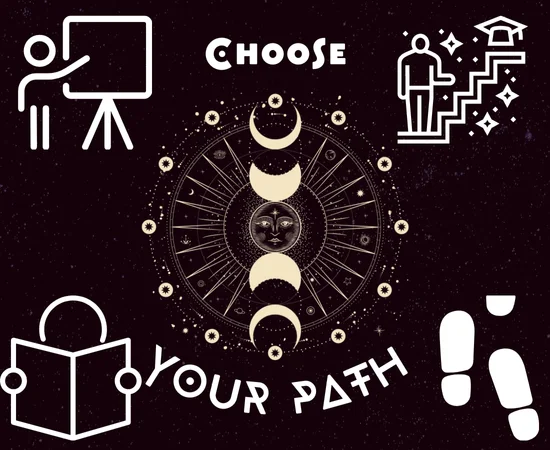
Adaptive learning is the future of AI in education because of AI-powered systems like DreamBox and Knewton, which evaluate student performance in real-time and modify lessons accordingly. With this individualized approach, learning outcomes are more effectively achieved by preventing pupils from falling behind or feeling unchallenged.
In the future, AI might even incorporate emotional detection technology, recognizing when pupils are agitated or uninterested and instantly modifying the course to keep them motivated.
2. Computerized Grading and Administrative Work Is The Future Of AI In Education
Teachers frequently put in endless hours planning courses, marking papers, and handling administrative duties. Artificial Intelligence has the capacity to greatly lessen this load. Multiple-choice examinations are already evaluated by automated grading systems; however, essays and other written assignments can now be graded by AI thanks to developments in natural language processing (NLP).
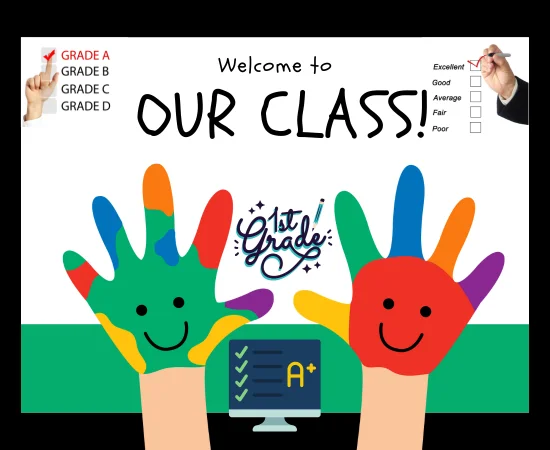
Automating grading for a range of assessments, including coding projects and exams, is being pioneered by platforms such as Gradescope. Teachers will have more time as these technologies advance to concentrate on interacting with students, creating cutting-edge lesson plans, and providing individualized support.
AI can also expedite administrative work, like scheduling, monitoring student progress, and overseeing classroom operations. Teachers may focus on what really matters—teaching and mentoring—thanks to this automation which is the future of AI in education.
3. Support Systems And Tutors Powered by AI
Virtual tutors with AI capabilities are yet another exciting advancement. These smart solutions can help students by giving them instant feedback, helping them through difficult ideas, and answering queries in real time. AI teachers is the future of AI in education because they are available around-the-clock, providing a level of accessibility that was previously unthinkable in contrast to traditional instructors.
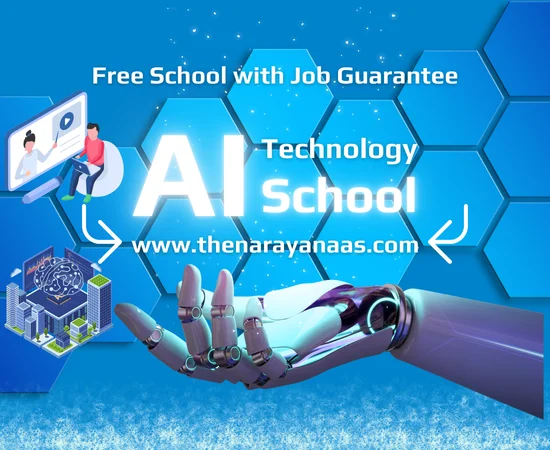
For instance, AI is already being used by companies like Carnegie Learning in the United States and Squirrel AI in China to provide individualized tutoring sessions. These programs monitor student development, pinpoint areas in which they require additional help, and modify instruction to meet the requirements of each student.
AI instructors may develop into more perceptive in the future, providing both academic and emotional help. If they notice a student is having trouble, they can modify their method to give them greater confidence, which will make studying more fun and less frightening.
4. Intelligent Content Creation and Delivery Is The Future Of AI In Education
The way educational materials are produced and distributed is being revolutionized by AI’s capacity to generate and curate content that is specific to the needs of students. Learners can receive personalized content from AI-driven platforms that examine their particular preferences, learning objectives, and curricula is the future of AI in education.
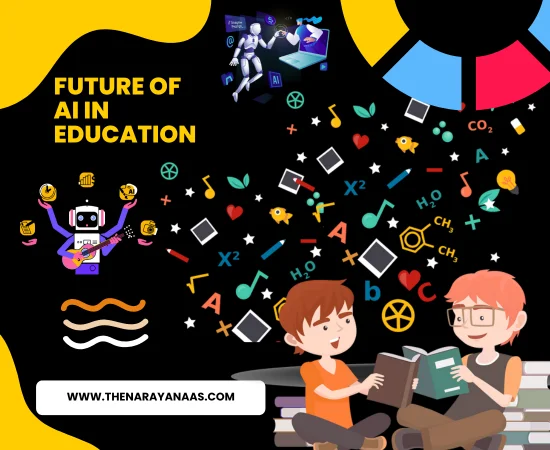
AI may also simplify difficult ideas into smaller, easier-to-understand chunks, which facilitates learning. Artificial Intelligence (AI) tools have the potential to convert conventional textbooks into interactive learning environments by including multimedia components like as quizzes, movies, and simulations to improve comprehension and memory.
Artificial intelligence (AI) has the potential to provide fully immersive learning environments in the future, such as classrooms with augmented reality (AR) or virtual reality (VR), where students can actively investigate subjects. Imagine scientific classes where students can do experiments or history classes where they can virtually explore ancient cities in a risk-free virtual lab is the future of AI in education.
5. Data-Informed Perspectives For Teachers Is The Future Of AI In Education
Due to AI’s capacity for large-scale data analysis, instructors can gain important insights on the behavior and performance of their students. Artificial Intelligence (AI) can spot trends and patterns in student growth over time that conventional assessment techniques can miss.
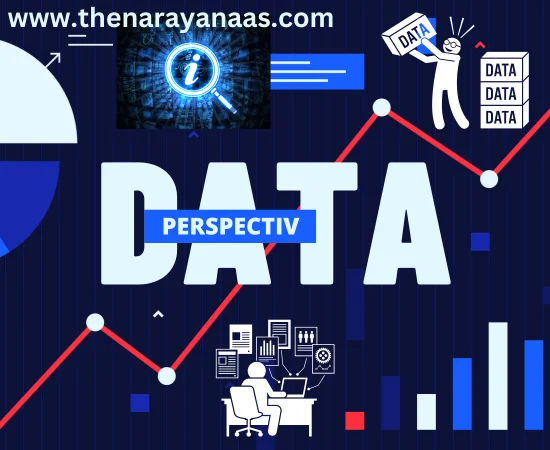
AI, for instance, can identify early indicators of kids who might be in danger of falling behind, giving teachers the opportunity to take preventative action is the future of AI in education. AI is able to provide tailored interventions based on performance metrics analysis, making sure that kids get the help they require before it’s too late.
AI can also assist teachers in optimizing their pedagogical approaches. Artificial Intelligence can provide suggestions on how to modify classes to enhance learning results for every student by evaluating which approaches work best for various types of learners.
6. Upskilling And Lifelong Learning Is The Future Of AI In Education
Education will become more focused on lifelong learning and ongoing skill improvement as AI develops. The old model of education, in which people finish their education before entering the workforce, may not be adequate given the speed at which technology is changing.
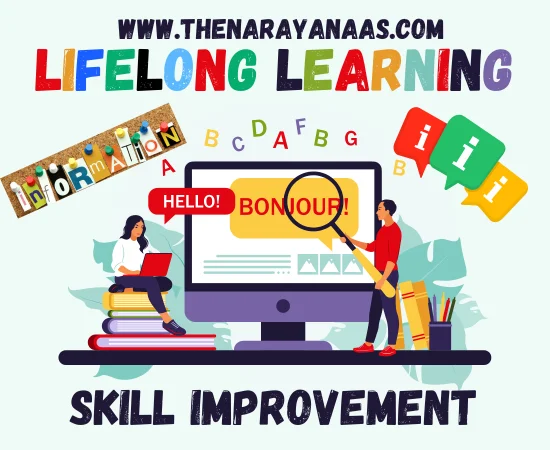
By providing individualized learning routes that prioritize professional development and skill acquisition, AI-driven learning platforms can assist people in keeping up with the rapidly evolving labor market. For example, AI-driven platforms such as Coursera and Udacity provide industry-specific courses that enable learners to reskill or advance at their own speed is the future of AI in education.
AI will likely play a significant part in lifelong learning in the future by offering individualized suggestions on the skills to learn depending on career aspirations, personal interests, and job market trends is the future of AI in education.
7. Challenges and Ethical Considerations
Although AI has the ability to completely transform education, there are a number of issues and moral dilemmas that need to be resolved. The potential for AI to worsen already-existing inequality is one of the main causes for concern. The divide between affluent and underprivileged communities may get even wider if access to sophisticated AI-driven teaching resources is restricted to wealthy individuals or well-funded educational institutions.
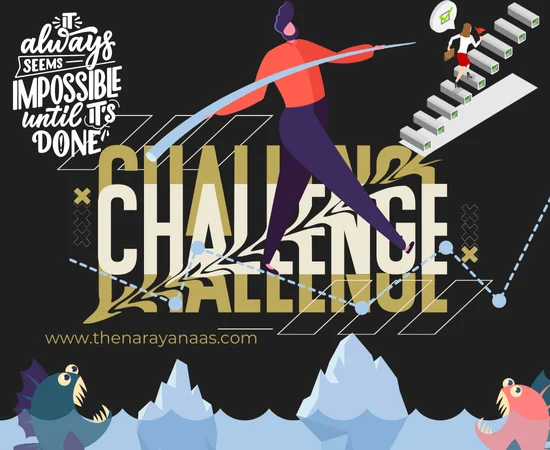
Data security and privacy are also areas of concern. For artificial intelligence (AI) systems to work well, massive volumes of data must be protected from abuse or breaches. This includes student data. To guarantee that AI is utilized appropriately in education, legislators and educators must collaborate to create strict rules and safeguards.
And last, the question of whether AI will eventually take the place of human teachers. While AI is capable of many jobs with efficiency, it cannot replace human educators in terms of their ability to provide emotional support, mentorship, and inspiration. Artificial Intelligence (AI) in education should be viewed as an enhancement to human work, not as a replacement.
8. The Function of Teachers in an AI-Powered Future
The use of AI in education will surely change the role that instructors play. Teachers will become more facilitators than knowledge suppliers, assisting students in developing their critical thinking and problem-solving abilities through individualized learning experiences is the future of AI in education.
In order to successfully incorporate AI into their lessons, educators will also need to stay current on the newest methods and resources available is the future of AI in education. Programs for professional development that emphasize AI literacy will be essential to preparing teachers for the future of education that is driven by AI.
Final Thoughts
Artificial intelligence in education has a bright future. AI is revolutionizing education, from intelligent material development and automated grading to tailored learning pathways and AI tutors. To reach its full potential, though, we need to solve issues with privacy, equity, and the changing role of educators.
Artificial Intelligence (AI) is a valuable instrument that may enhance and supplement human teachers, not take their place. AI has the ability to improve inclusiveness, engagement, and efficacy of the learning environment for students from diverse backgrounds, equipping them for the challenges of the future with careful application.
Finding a balance between welcoming innovation and making sure that the human element stays central to education will be crucial.
How can AI improve personalized learning in education?
AI can enhance individualized instruction by evaluating each student’s performance, learning style, assets, and shortcomings. Then, by creating personalized learning experiences that adjust in real time, it can make sure that students receive teaching at the ideal pace and difficulty level. This makes it possible to customize the learning process to meet the particular requirements of every student.
Will AI replace teachers in the future?
No, it’s unlikely that AI will completely replace instructors. While artificial intelligence (AI) can help with certain jobs, including as content development, tutoring, and grading, human educators are still necessary for providing critical thinking guidance, emotional support, and mentorship that cannot be replaced by computers. It is anticipated that AI will support educators by lessening their burden and freeing them up to concentrate on deeper connections with kids.


[…] Virtual Learning Environment Platforms (VLEs) replacing traditional classroom settings. Virtual learning environment platforms are becoming an essential tool for increasing the accessibility, flexibility, and […]